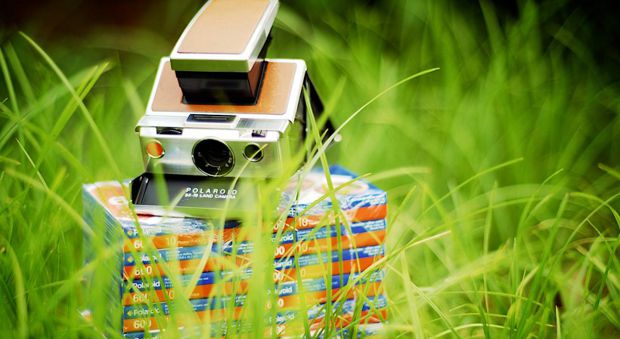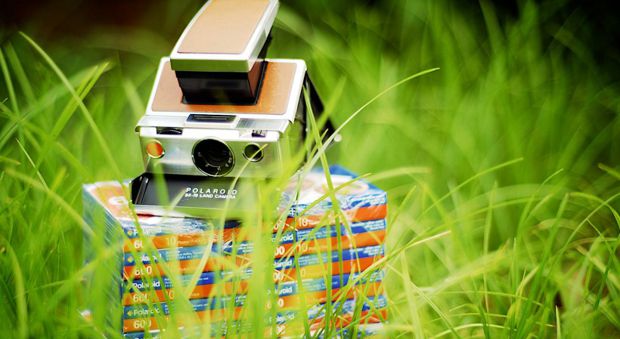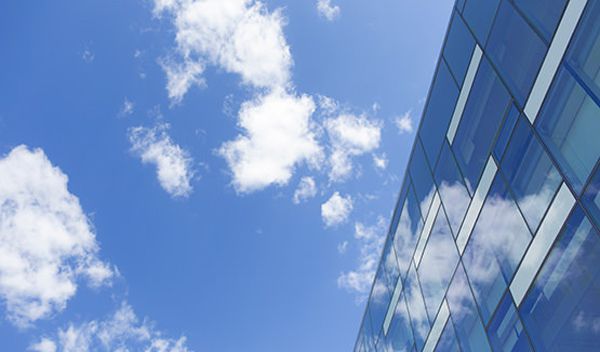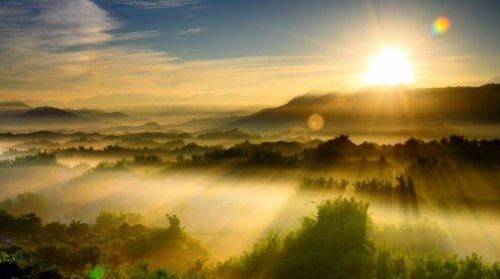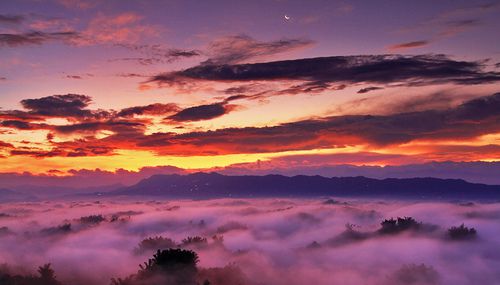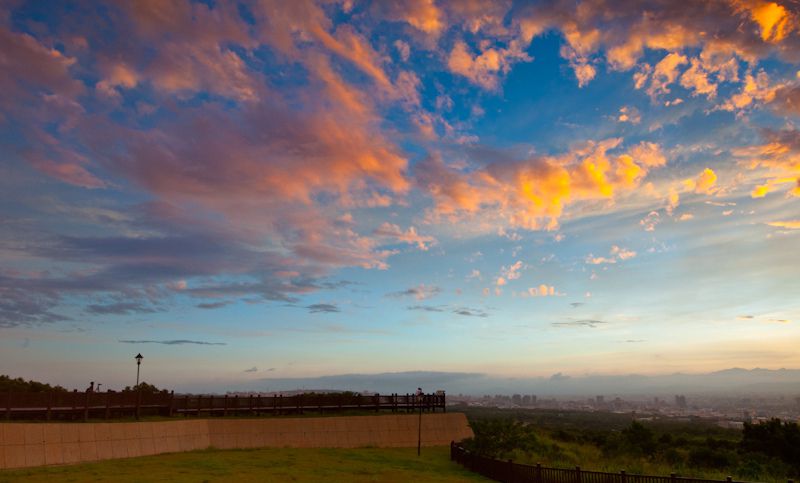通过阅读学词汇CET-6(16)
|
UNIT SIXTEEN What is certain is that the oil spill has delivered a devastating blow to the ecology of the Persian Gulf. "Massive oil spills could turn this body of water into a virtual dead sea." says Brent Blackwelder, vice president of Friends of the Earth. But last week's fires and oil spills could be just a prelude of future environmental disasters wrought by the war with Iraq. Among the areas of greatest concern: THE GULF. Because it is virtually an enclosed basin, with an outlet to the sea only 55 km wide at the Strait of Hormuz, the gulf is especialy vulnerable to oil spills. In a body of water badly contaminated by tankers and garbage, a disastrous spill of the kind that Iraq caused last week could destroy nesting areas for endangered sea turles while poisoning fish which are vital to local fishermen. BURNING OIL FIELDS. Saddam is assumed to have mined all or most of Kuwait's 360 operating oil wells. If he throws the switch, the resulting fires could send forth a vast cloud of dense black smoke that would foul the sir and darken skies as far east as Afghanistan and northern India. After 30 days, smoke could cover an area half the size of Europe. But because oil gushes naturally to the surface in most Kuwaiti wells, with no need of pumping, it will go on feeding a blaze until someone puts it out -- months or years later, depending on how long the war lasts. The worst possibility is that the immense smoke could lower temperatures in the Indian subcontinent a few degrees, disrupting the monsoon rains that are essential to crops for the nations of that area. CHEMICAL AND BIOLOGICAL WEAPONS. Chemical weapons work fast, then disappear. They were used during the Iran-Iraq war, sometimes with devastating consequences for combatants, but with almost none for the environment. Since the gulf war began, allied planes and missiles have pounded Iraqi chemical-weapons plants that manufacture mustard gas and nerve agents. Because the plants are surrounded by a 25 sq.km "exclusion zone", the likelihood of a deadly plume invading populated areas is small. Explosives would also tend to break the gases down into less deadly substances. Harmful chemicals that penetrated the soil would disappear without a trace within a few weeks at most. military a.军事的,军用的 n.[the ~]军队,武装力量 lexicon n.1.词典,字典 2.特殊词汇,专门词汇 slaughter vt. n. 1.屠杀,杀戮 2.屠宰 foul a.1.难闻的 2.令人不愉快的,糟透了的 3.污浊的 vt.1.对…犯规 2.弄脏,污染 n.犯规 devastate vt.1.破坏,蹂躏,使荒芜 2.压倒,使垮掉 ecology n. 1.生态 2.生态学 prelude n.前奏,序幕,先声 strait n. 1.海峡 2.[-s]困境,危难 vulnerable a.1.易受伤的,脆弱的 2.易受攻击的,难防御的 contaminate vt.弄脏,污染 disastrous a. 1.灾难性的 2.极坏的,很糟的 gush v. 1.喷,涌 2.滔滔不绝地说 n.1.喷,涌流 2.迸发,发作 blaze vi.1.熊熊燃烧,着火 2.发光,放光 3.迸发,爆发 disrupt vt.使中断,扰乱 monsoon n.季风,季节风 mustard n.芥菜 likelihood n.可能,可能性 plume n.1.(升上空中的)一缕(烟,尘土等) 2.羽毛 |

